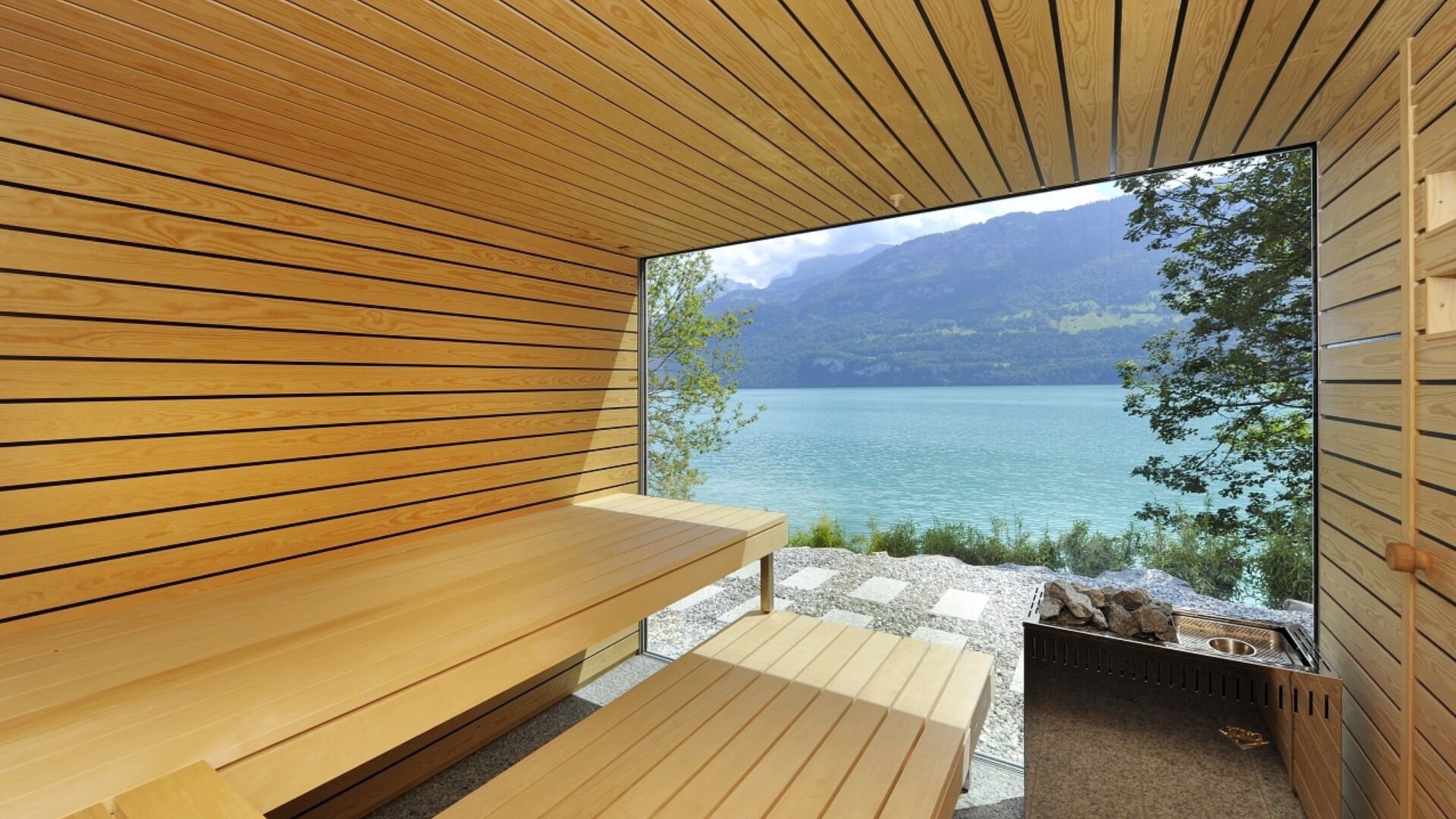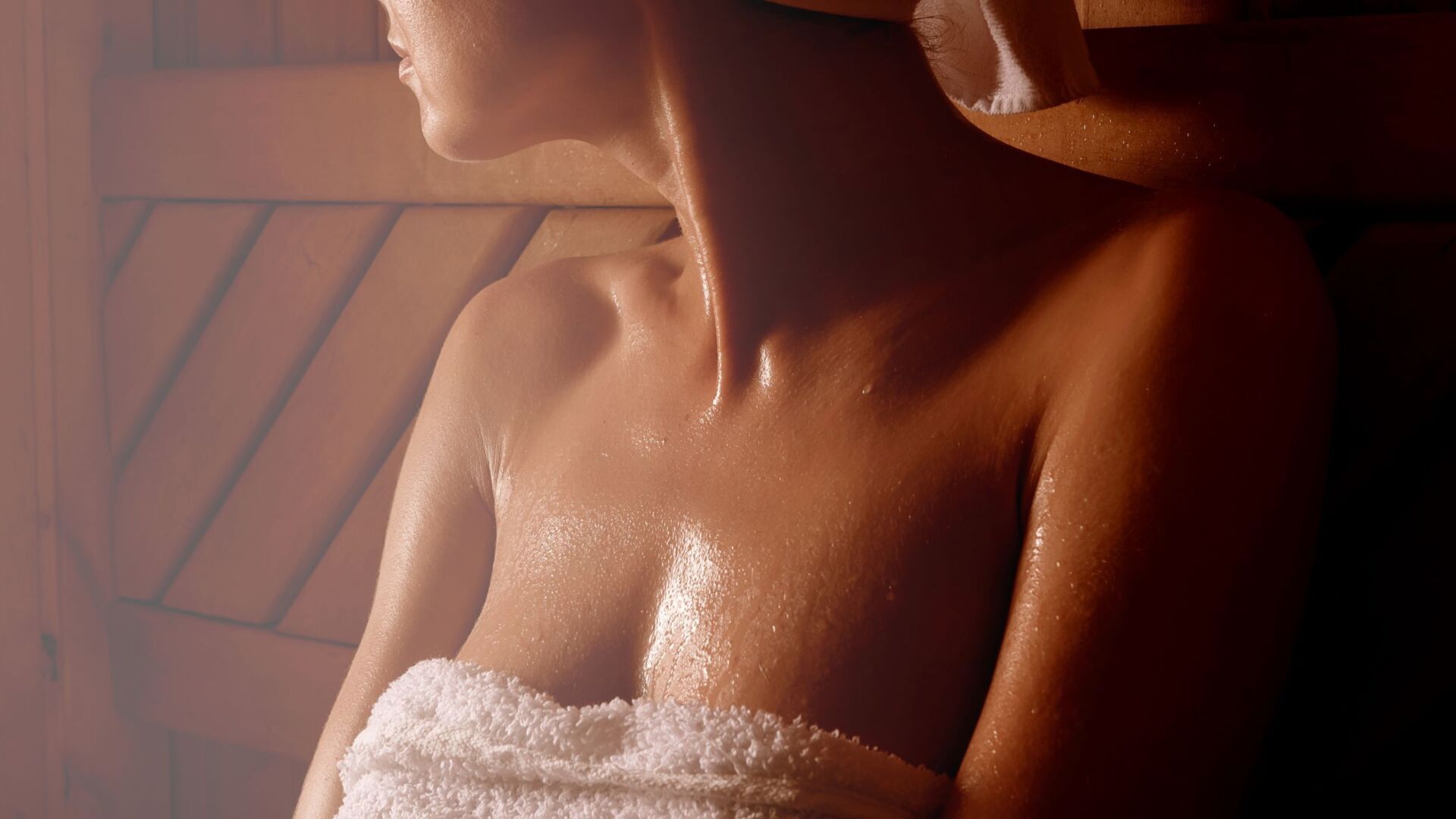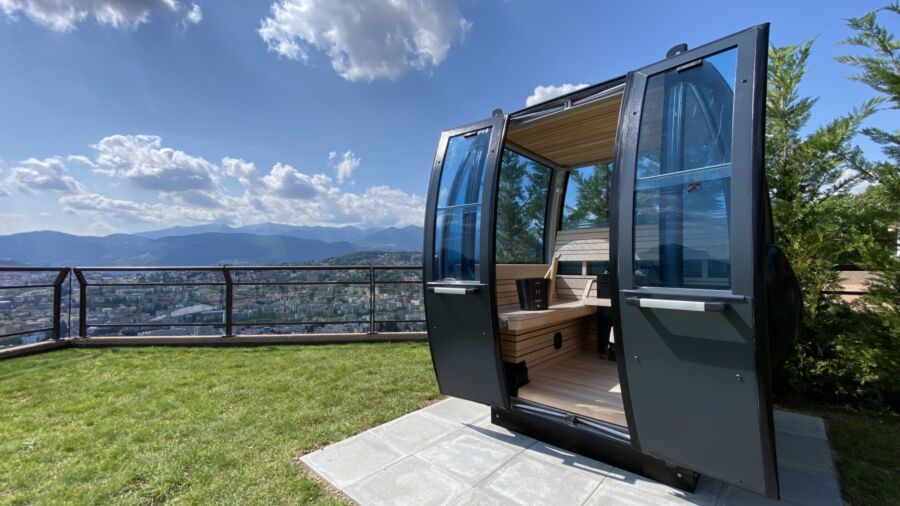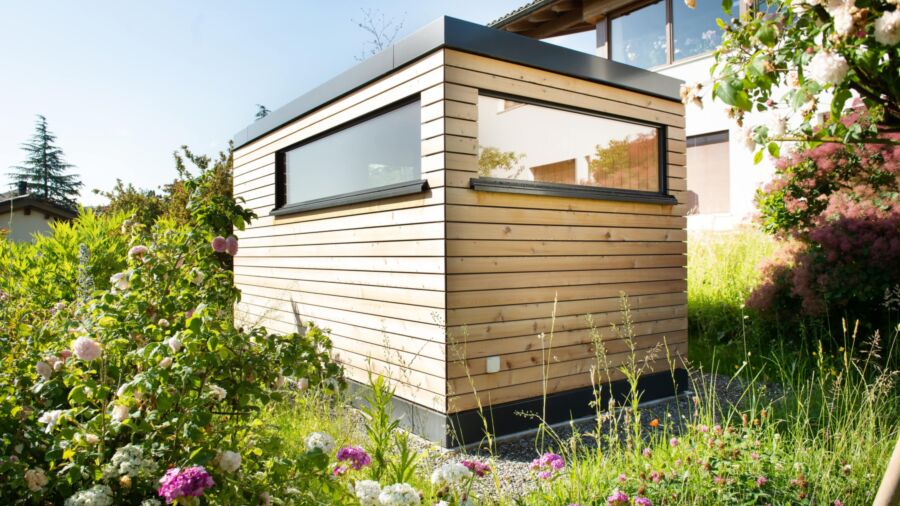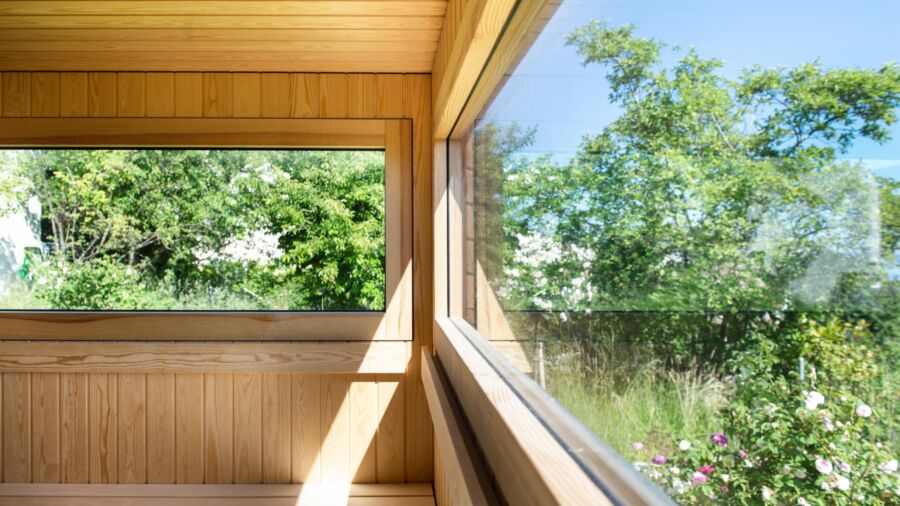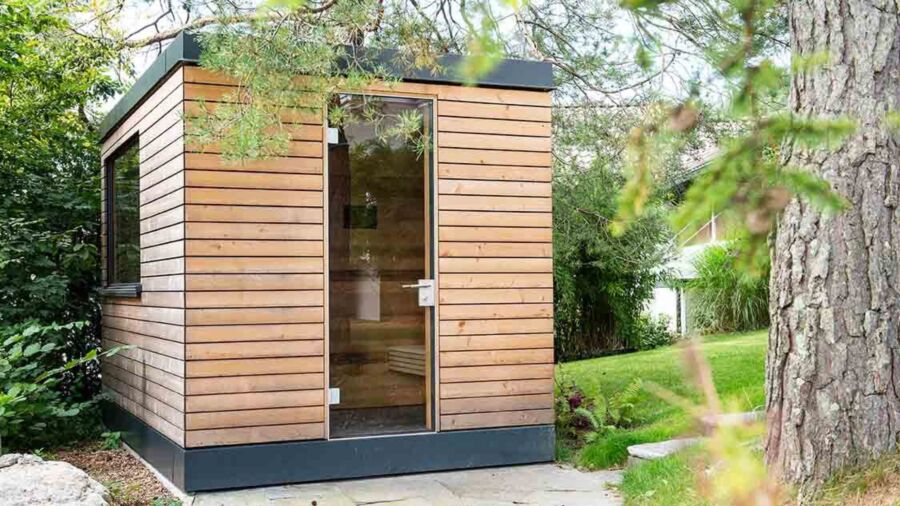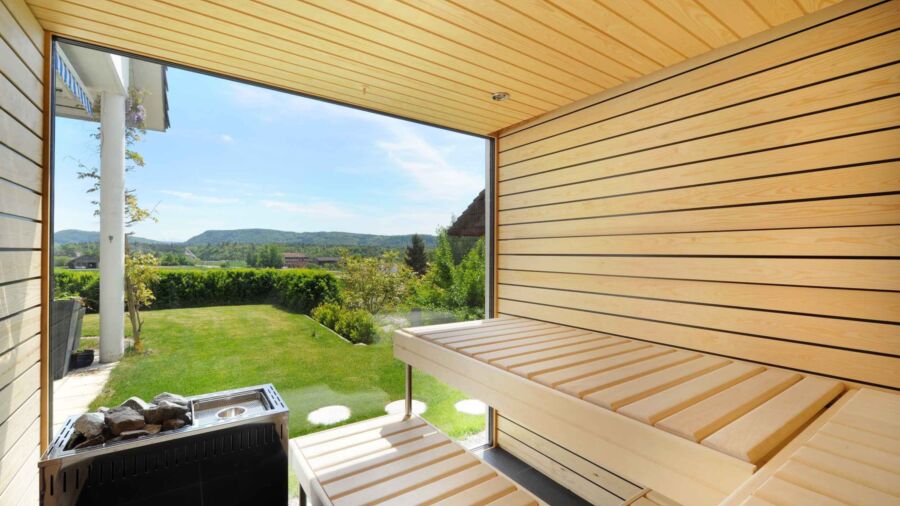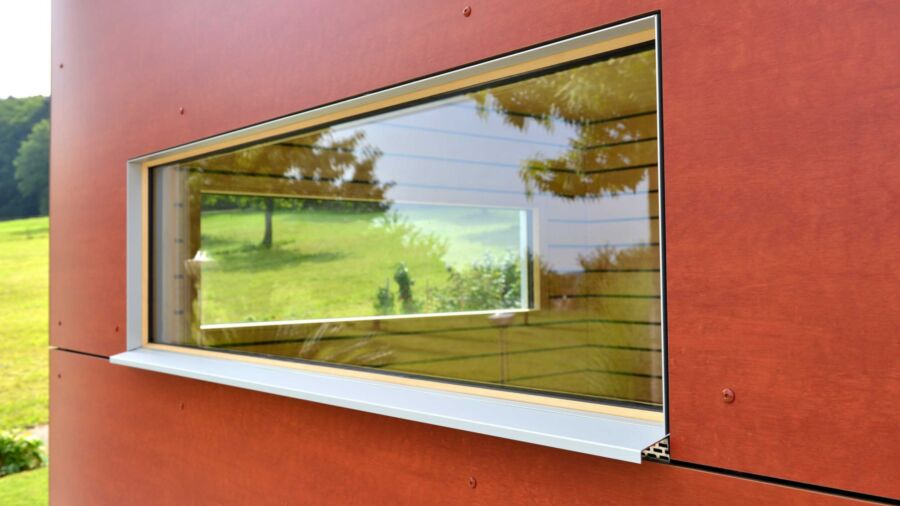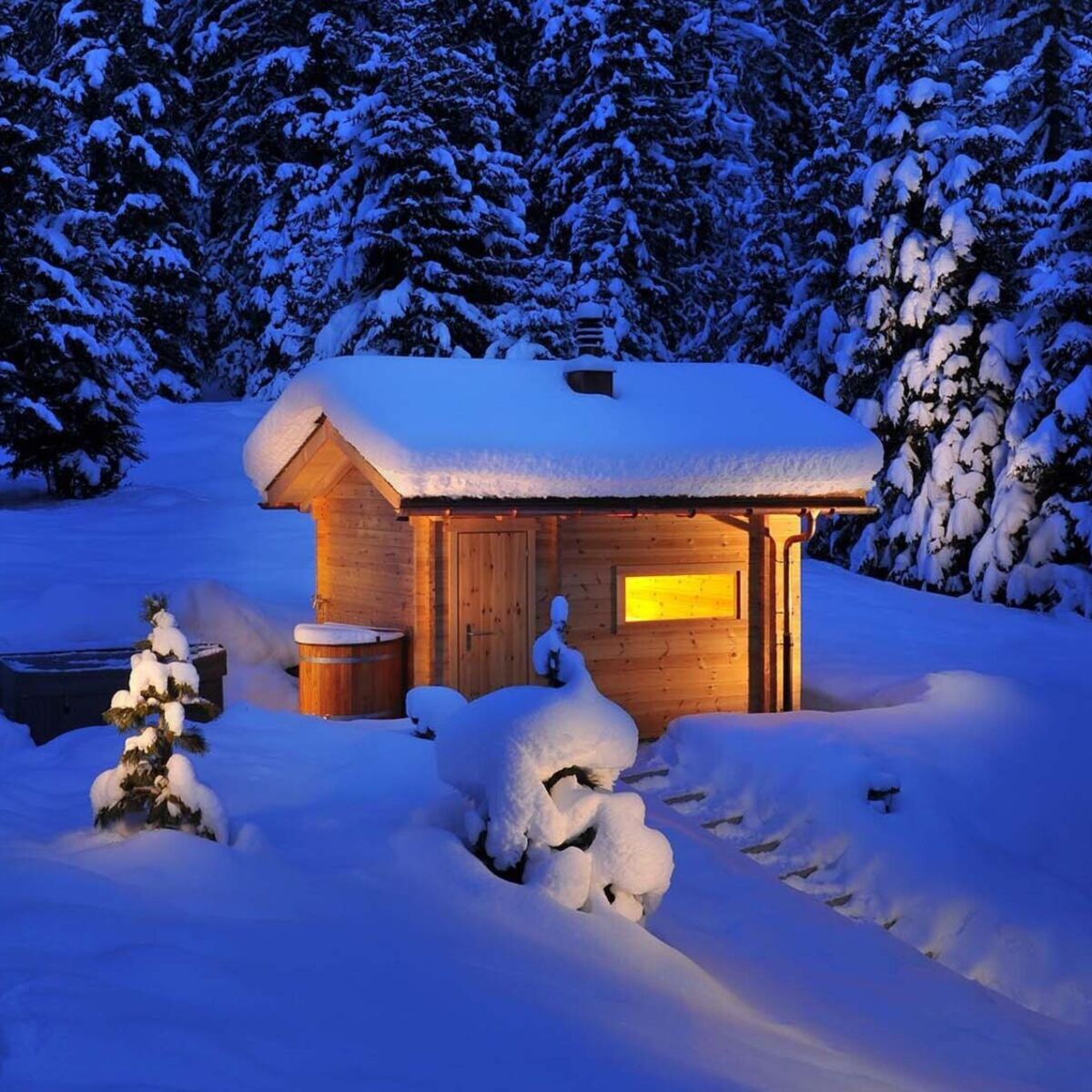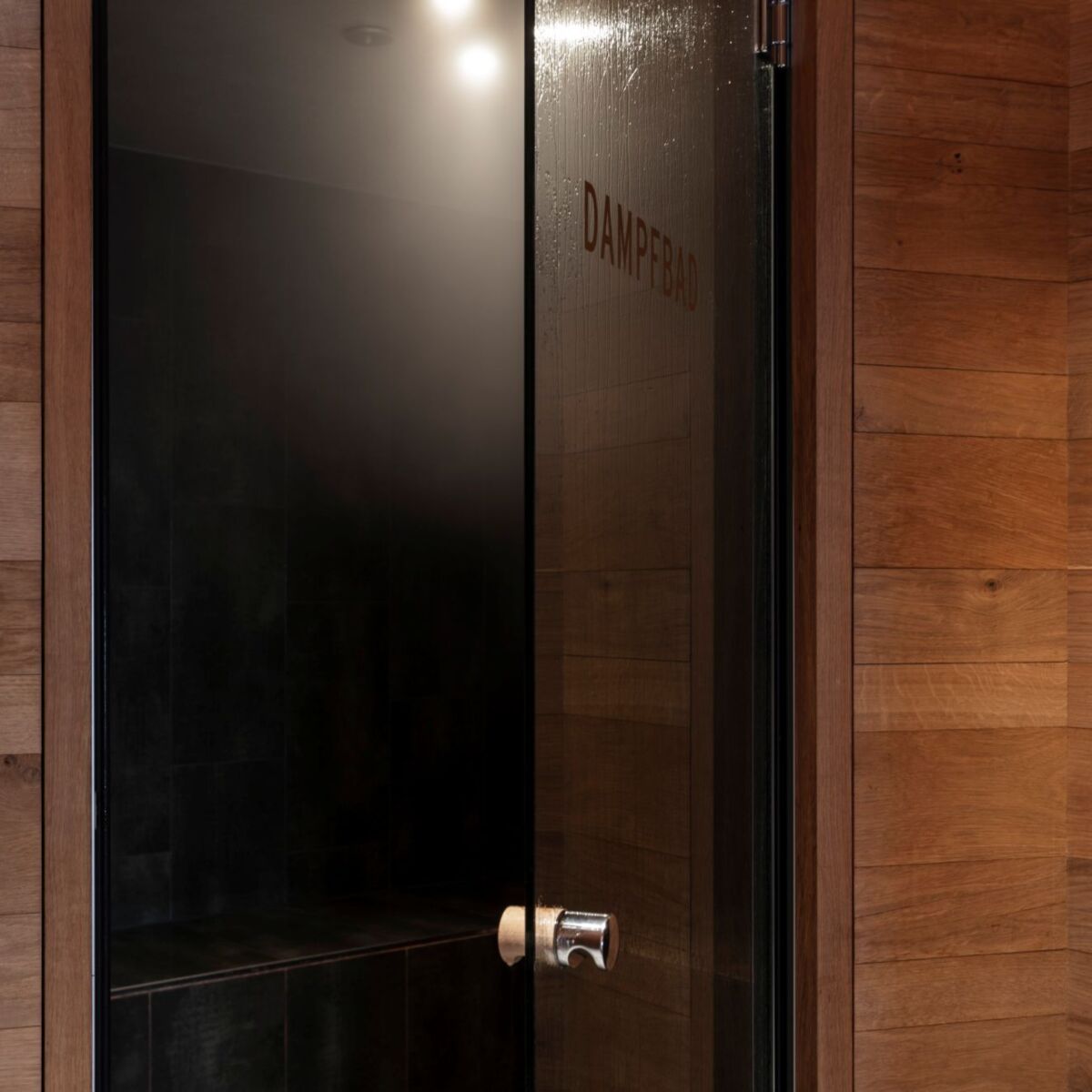5 reasons why you should also take a sauna in summer
Summer is the time of sun, heat and fun. Many immediately think of the beach, the swimming pool or outdoor barbecues. But what about the sauna? We tend to associate the sauna with cold winter days. But even in summer, the sauna offers numerous benefits and ways to pamper your body and mind. We outline five reasons why you should also take a sauna in summer. In addition, our sauna experts give tips on what to look out for when taking a sauna in hot weather.
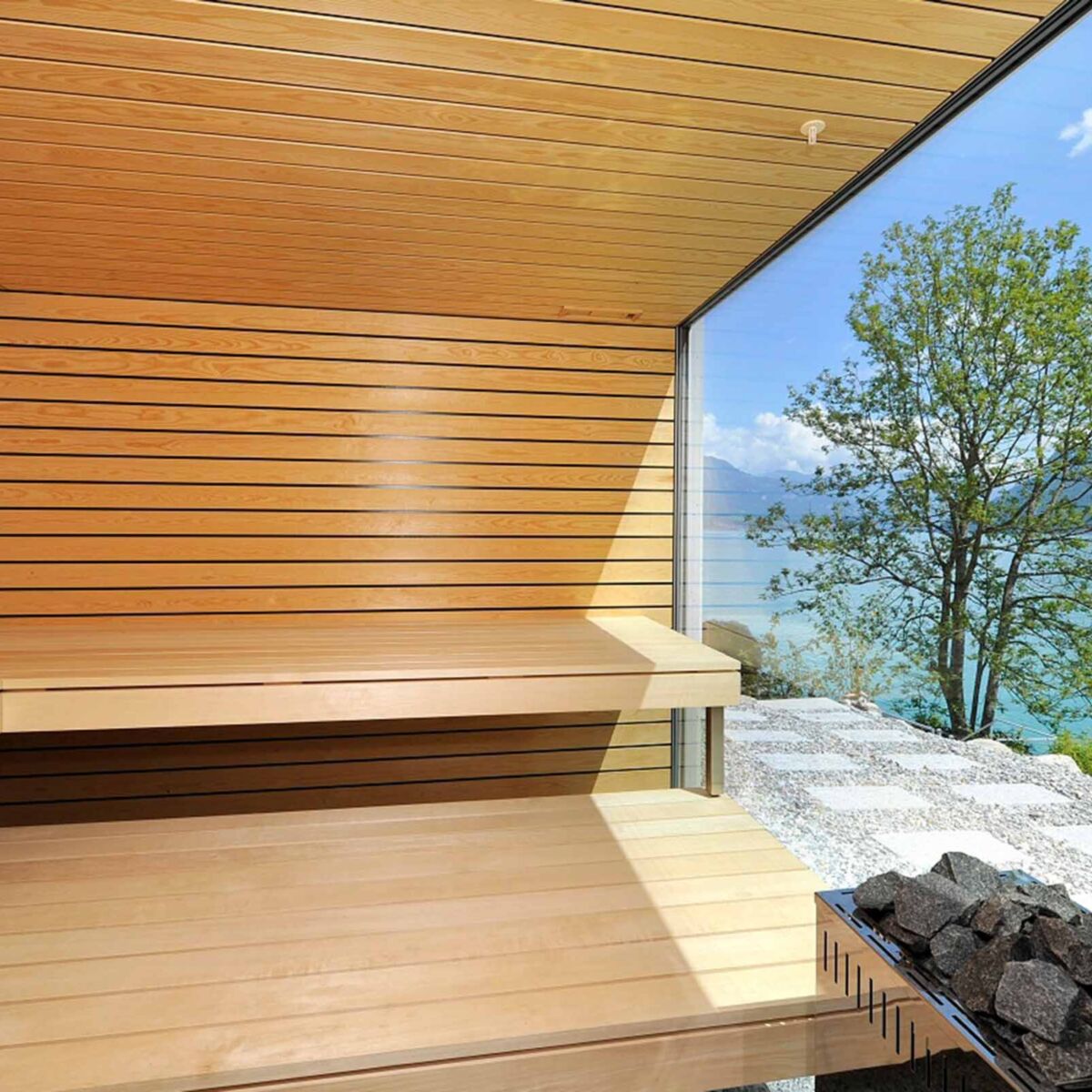
Why take a sauna in summer?
In summer, we sweat more to cool the body in high temperatures and to regulate body temperature. When taking a sauna, this natural mechanism is intensified. In the sauna, the heat is deliberately increased, which leads to faster and more intense sweat production. Compared to sweating in the summer heat, where humidity is often high, the sauna enables more effective detoxification and purification of the body, as the air in the sauna cabin is drier.
Tips for taking a sauna in summer
-
Sufficient hydration
Drink enough water before, during and after saunas to keep the body hydrated and prevent dehydration. -
Do not forget to cool down
Take advantage of the warm temperatures in summer to cool down after taking a sauna outdoors. A refreshing shower, a jump into cool water or rubbing down with a cold towel are suitable methods to bring the body back to pleasant temperatures. -
Sun protection in the open
Use a suitable sunscreen after taking a sauna to protect the skin from the sun's harmful UV rays. The pores are open after sauna and therefore more sensitive. -
Fresh infusions
Use the variety of summer scents to make sauna sessions even more enjoyable. Fresh citrus scents such as lemon or orange, refreshing mint or floral aromas such as lavender can enliven the sauna experience in summer and provide additional relaxation. -
Lower temperatures, dry heat
In summer, the humidity is often higher, especially in sultry weather. Humid sauna variants lead to less efficient cooling. In a Finnish or dry sauna, on the other hand, the air is drier, which facilitates cooling and allows the body to cool down more pleasantly. In addition, dry sauna programmes in summer are gentler on the circulation. Humid sauna variants, such as the steam sauna, can put more strain on the circulation, as the combination of heat and high humidity puts additional strain on the body. Therefore, milder sauna variants with lower temperatures and dry air are recommended. -
Compensating for fluid loss
After taking a sauna in summer, it is important to compensate for the loss of fluids. You can choose between hot tea and isotonic cold drinks. Hot tea, preferably herbal tea or fruit tea, helps to stabilise the circulation and refresh the body from the inside out. Isotonic cold drinks containing electrolytes can replenish the lost minerals and salts in the body and support a quick recovery. -
When not to sauna in summer
There are some situations in which saunas should be avoided in summer. These include immediately after eating or after consuming alcohol, as this can strain the circulation. If you have an acute cold, you should also avoid sauna sessions so as not to weaken your body further. After a strenuous endurance session, it is important to rehydrate sufficiently before going to the sauna in order to compensate for the loss of fluids and to stabilise the circulation.
By following these tips, you can make the most of saunas in summer and enjoy the health benefits of this wonderful wellness ritual. Whether you want to use the heat of the sauna for relaxation, detoxification or to strengthen your immune system, the summer months offer an ideal opportunity to incorporate saunas into your personal wellness programme.
As with sport, consistency is more important than high intensity or short-term high frequencies.
As with any wellness ritual, regularity is crucial when taking a sauna. Individual more intense sauna sessions do not bring the same effect as regular sauna visits. Summer sauna should be integrated into a fixed rhythm so that you can reap the long-term health benefits and be ready for the next cold season.
By following these tips, you can make the most of the sauna in summer and enjoy the health benefits of this wonderful wellness ritual. Whether you want to use the warmth of the sauna for relaxation, detoxification or to strengthen your immune system, the summer months create an ideal opportunity to integrate sauna bathing into your personal wellness program. For long-term sauna enjoyment, you may also want to consider buying a sauna. Buying your own sauna allows you to enjoy the health benefits all year round, whenever it suits you best.

